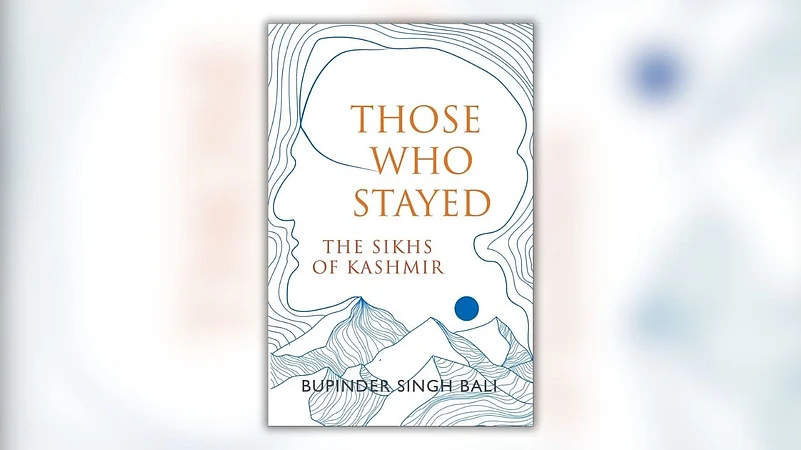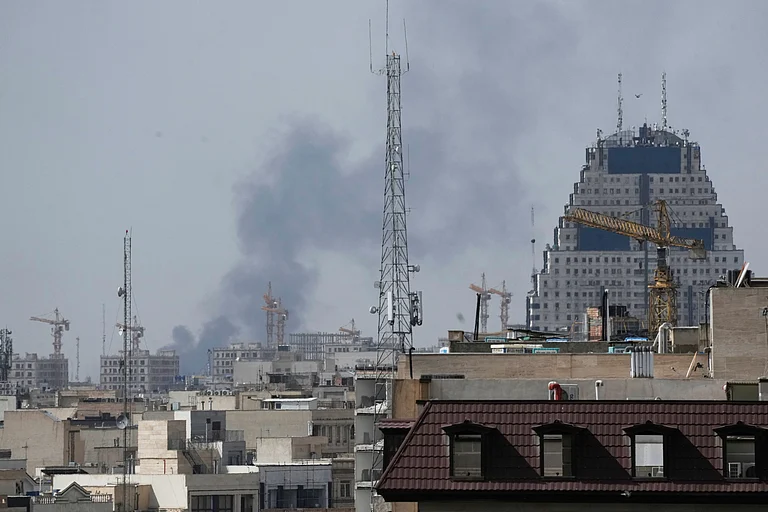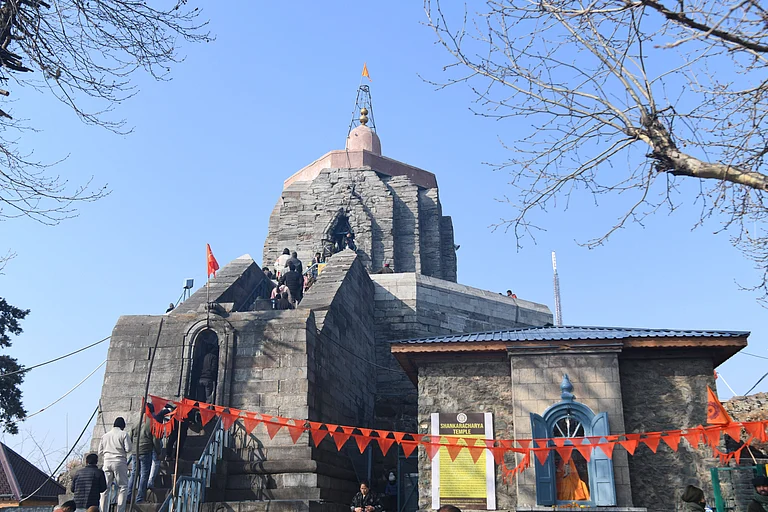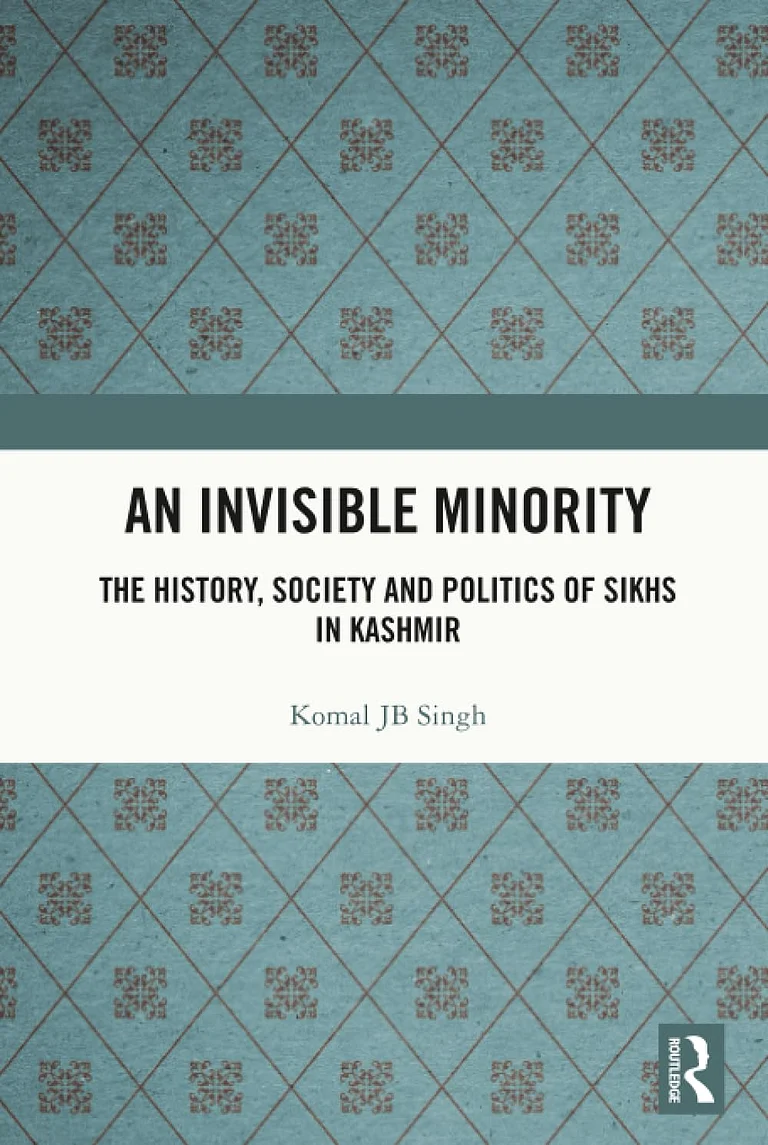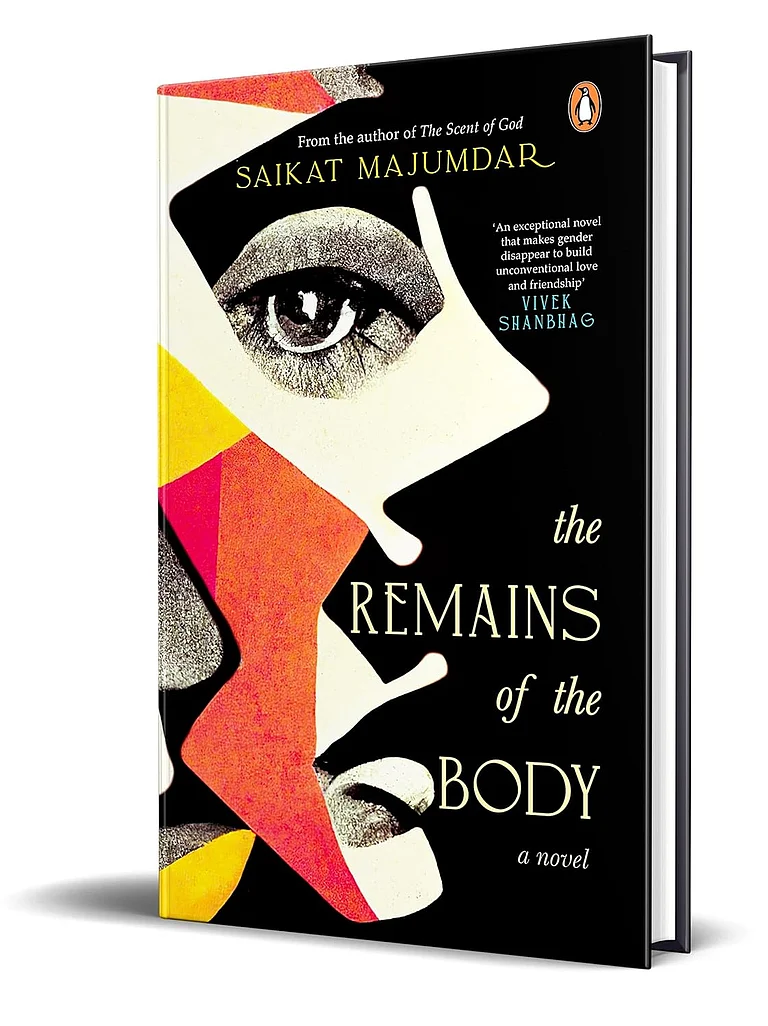The exodus of Kashmiri Pandits in the 1990s is a deeply tragic event that has been widely discussed and documented over the years. Displaced from their homeland, the Pandits have preserved their story through personal accounts and literature. Numerous books have been published detailing the plight of this persecuted minority, who once held a prominent position in Kashmir. There are also works that have explored the history and political dynamics of the Muslim majority community in Kashmir but there is scarcely any literature that talks about the Sikhs of Kashmir. It is this void that Bupinder Singh Bali’s book ‘Those Who Stayed: Sikhs of Kashmir’ attempts to fill.
On March 16, 1846, Gulab Singh, the founder of the Dogra dynasty, signed the ‘Treaty of Amritsar’ with the British, thereby establishing the princely state of Jammu and Kashmir. Historians argue that this agreement was more of a ‘Sale Deed’ than a treaty, effectively selling off Kashmir and its predominantly Muslim inhabitants for 75 lakh Nanakshahi Rupees. In the century that followed, the Dogra rulers implemented harsh land revenue policies, which reduced the Muslim majority of Kashmir to the status of serfs, laborers, and sharecroppers. The 75 lakh Nanakshahi Rupees were recouped from these poor and impoverished workers through harsh land revenue tax imposed over them through these hundred years.
The Dogra administration was largely composed of Pandits and Sikhs holding top bureaucratic positions, and in return, the rulers awarded them vast jagirs across the princely state. It was on these jagirs that the impoverished Muslim majority of Kashmir labored tirelessly. The situation changed in 1952 when Sheikh Abdullah enacted ‘The Big Landed Estates Abolition Act,’ also known as ‘The Land to Tiller Reforms.’ This legislation granted actual ownership of the land to these tillers, laborers, and sharecroppers and hence changed their fate forever. It is important to note that these reforms benefited not only the Muslims of Jammu and Kashmir but also the Dalits, Scheduled Castes, and other marginalized communities in the state.
Bali’s book ‘Those Who Stayed: Sikhs of Kashmir’ does not address this aspect of Kashmir’s political history or the role of Sikhs within it. The book opens with a shocking news of a Sikh school principal, Supinder Kour, being murdered by terrorists in downtown Srinagar in October 2021. This event deeply unsettles the author, who is also employed as a teacher in Kashmir under the PM Employment Package Scheme. From that moment, he begins to consider leaving Kashmir permanently for his own safety. The book recounts the events of October 1947, when Pakistani tribal forces invaded Kashmir, resulting in widespread devastation. Through interviews with Sikh survivors, it highlights how the Sikhs mounted a formidable defense against the Pakistani raiders, ultimately preventing them from advancing to Srinagar.
Bupinder Singh Bali delves deeply into three major tragedies faced by the Sikhs, which comprises less than 1% of Kashmir's population, since the onset of militancy in the 1990s. It covers the Chithisingpora massacre in 2001, the Push Kriri killings in 2000, and the Mehjoor Nagar incident in 2001, during which approximately 120 Sikhs were killed. The book also attempts to portray the Sikhs as a persecuted minority in Kashmir. However, it is important to note that both Muslim and Sikh communities have historically coexisted in harmony in the region. Kashmiri Sikhs still maintain their homes in Kashmir as well as in Jammu or other parts of India.
In the introduction to the book, the author states, "Through this book, I want to provide a holistic look at the lives of the Sikhs in Kashmir, a micro-minority in a conflict zone where the majority are fighting for freedom from India and hoping for a future with Pakistan." This statement, along with several others in the book, makes sweeping generalizations about the Muslim majority in Kashmir wanting to join Pakistan. Such claims contradict historical facts, agreements, and treaties that the state of Jammu and Kashmir has with the Union of India. If Kashmir, a Muslim-majority state, had truly intended to join Pakistan, why would it have aligned itself with secular India in 1947? Furthermore, did not the Muslim majority in Kashmir extend a hand of friendship to all religious minorities when it chose to join India in 1947 and not Pakistan?
The book can be best described as a memoir that offers valuable insights into the life of its protagonist and his complex relationship with Kashmir. While the story of Kashmiri Sikhs is indeed important and worth telling, Bali's attempt to present this narrative has some limitations. The book could benefit from deeper research and more scholarly rigor to provide a fuller understanding of the Sikhs' historical and socio-political context in Kashmir. It heavily focuses on personal anecdotes, which, although poignant, may not fully capture the comprehensive historical account that some readers might seek.
Despite these aspects, the memoir succeeds in bringing attention to the plight of Kashmiri Sikhs, a micro-minority often overlooked in discussions about Kashmir. It highlights their struggles, resilience, and the tragic events they have endured since the onset of militancy in the 1990s. Through personal narratives and vivid storytelling, 'Those Who Stayed: Sikhs of Kashmir' offers profound perspectives into the human impact of Kashmir’s conflict. However, for those seeking an in-depth and well-researched historical account about the Sikhs of Kashmir, the book may leave much to be desired. Bali's memoir makes a significant contribution to the discourse on Kashmir but underscores the need for more rigorous and comprehensive study on the region's micro-minority, the Sikhs.
(Saleem Rashid Shah is a non-fiction book critic based in Kashmir. He tweets at @SaleemRashid176)






